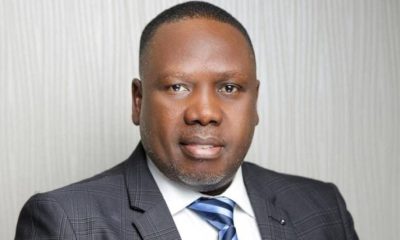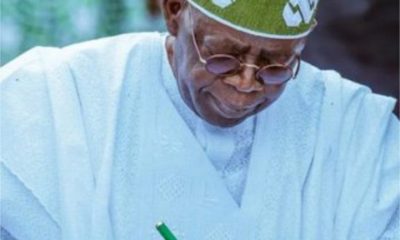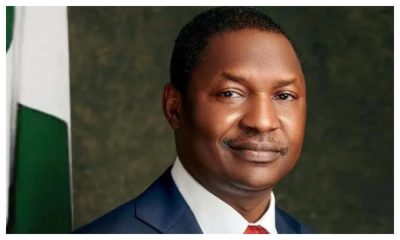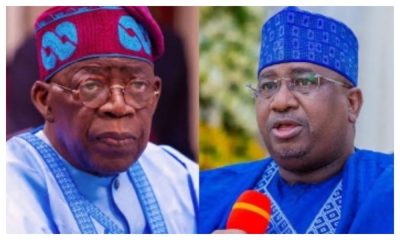NEWS
Rivers Political Tangle Deepens as Tinubu Summons Ex-Sole Administrator Ibas to Aso Rock
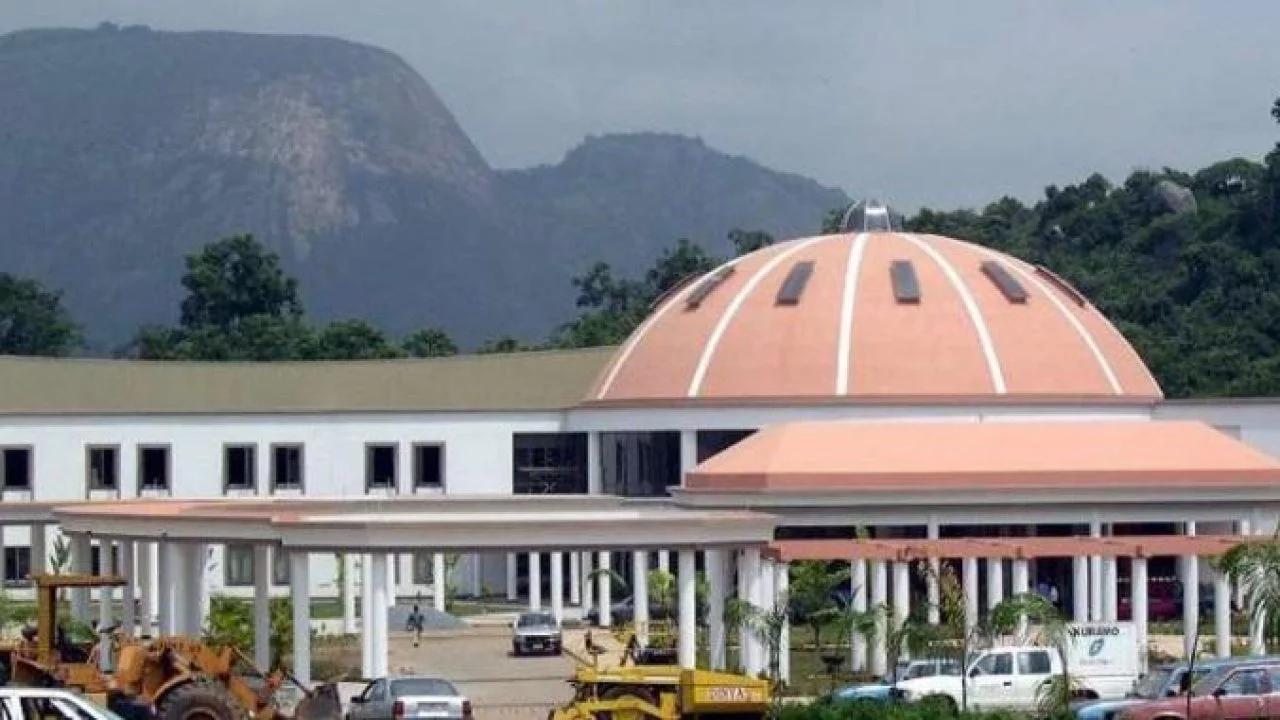
The immediate past sole administrator of Rivers State, Vice Admiral Ibok-Ete Ibas (retd.), and the Chairman of the Economic and Financial Crimes Commission (EFCC), Ola Olukoyede, are currently at the State House in Abuja, signaling a high-stakes meeting related to the political and financial stability of the oil-rich state. While the official agenda was not immediately clear, sources confirm that President Bola Tinubu personally summoned Ibas, who only last week handed power back to Governor Siminalayi Fubara after the six-month emergency rule was lifted.
Ibas, a former Chief of Naval Staff, arrived at the Villa on Wednesday evening, just days after his six-month tenure, which ran from March to September 2025, ended. His presence alongside the head of the nation’s anti-graft agency strongly suggests that the discussion centers on the management of Rivers State’s resources during the emergency rule, particularly given the recent decision by the Rivers State House of Assembly to probe his administration. The Assembly, which resumed plenary following the restoration of democratic structures, resolved to investigate all expenditures, contract awards, and the overall management of the Consolidated Revenue Fund under the sole administrator.
The intense scrutiny on Ibas is a direct fallout of the prolonged political crisis in Rivers State. President Tinubu declared a state of emergency on March 18, 2025, suspending Governor Fubara and the State Assembly, due to a power struggle that had paralyzed governance. Ibas was appointed to restore order and stability. According to Dependable NG, during the emergency rule, Rivers State received at least N254.37 billion from the Federation Account Allocation Committee (FAAC), and civil society organizations have been vocal in demanding accountability for this massive fund. They have noted that despite the huge receipts, many major projects, including the reconstruction of the State House of Assembly complex, remained stalled. Ibas, for his part, has defended his tenure, stating that he fulfilled the President’s mandate, introduced financial reforms such as the International Public Sector Accounting Standard (IPSAS), and successfully conducted local government elections.
However, the call for a probe has sparked a constitutional argument, with Ibas rejecting the Assembly’s jurisdiction. He argued that since he was appointed by the President and supervised by the National Assembly under emergency powers (Section 11(4) of the Constitution), the state lawmakers lack the power to investigate him. He asserted that such a move was tantamount to probing the President who appointed him. The presence of the EFCC Chairman at the Villa meeting, however, adds a powerful federal dimension to the financial scrutiny. While the EFCC had previously declared Governor Fubara and others wanted for fraud before he assumed office, the agency’s current interest could be focused on the financial transactions that occurred during the emergency period. Civil society groups have been actively calling on financial regulatory agencies to intervene and scrutinize the accounts, insisting that corruption is suspected given the lack of transparency.
President Tinubu’s summoning of Ibas is viewed as an attempt to manage the escalating political and financial crisis before it reignites the civil unrest that led to the emergency declaration. His ultimate goal is to ensure a smooth transition and lasting peace between Governor Fubara and the State Assembly, even as the Assembly moves to scrutinize the sole administration’s spending. The outcome of the Villa meeting, which likely involves a review of Ibas’s handover notes and the pending financial investigation, will determine the next phase of the delicate political balance in the oil-rich state and set a critical precedent for accountability after a federally-imposed emergency rule.

